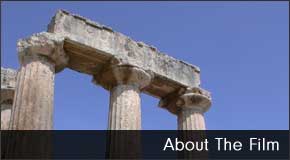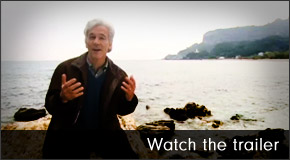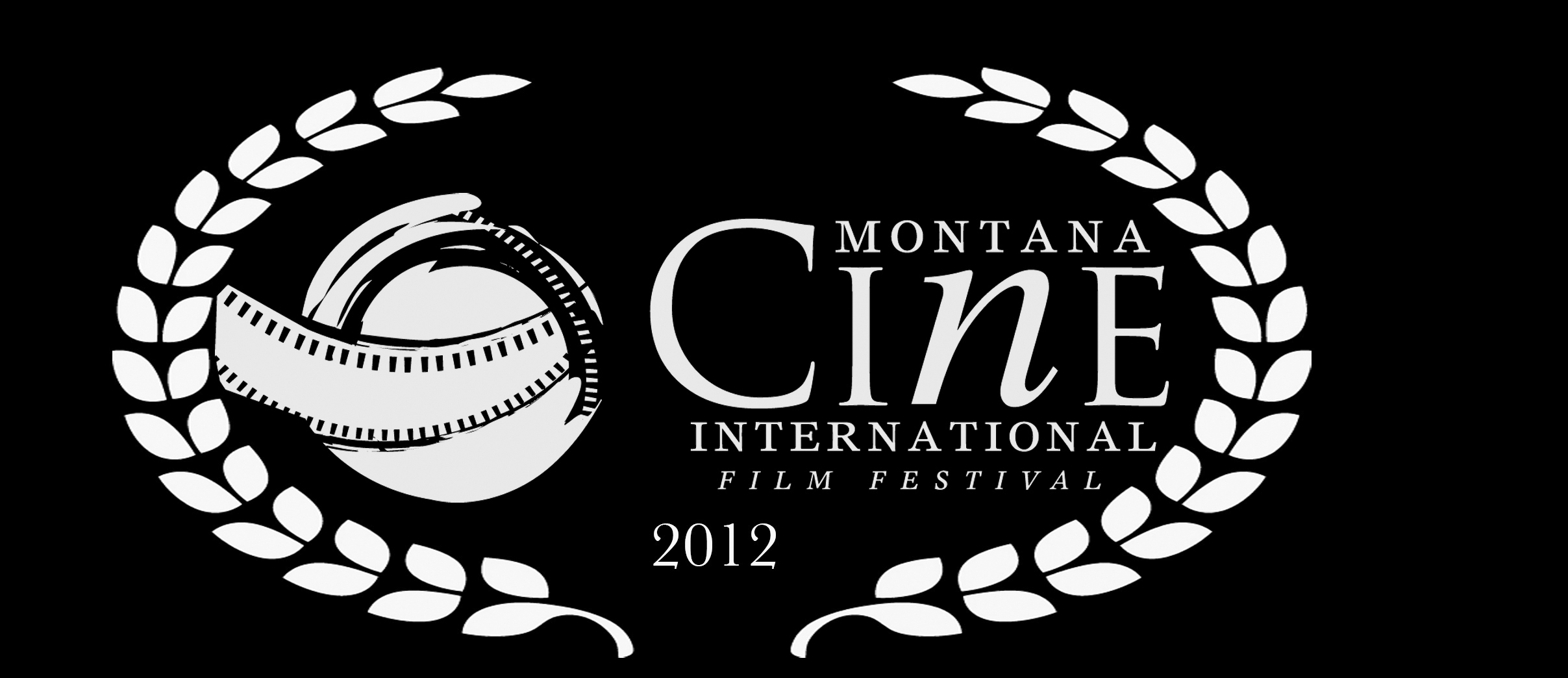Interfaith Lecturers prepare responses to Tucker’s ‘Journey of the Universe’
Religions don’t always have to disagree. Today’s Interfaith Lecture will illustrate this, as three different lecturers will provide responses to Mary Evelyn Tucker’s “Journey of the Universe” from the perspectives of Judaism, Christianity and Islam.
Heather Eaton, co-founder of the Canadian Forum on Religion and Ecology, discusses Christianity’s viewpoint of the work. She says the multireligious aspect of today’s lecture brings more depth to the discussion.
“We’re all aware that one religion isn’t superior to another,” she said, “but Christians who hold narrow views usually also believe that their religion is the only true religion.”
She makes a distinction between two Christian viewpoints — that humans should take care of the universe because it is God’s creation, and that the universe is just a place of destruction from which to be saved.
Eaton believes the latter can be detrimental, as it can justify ignorance toward scientific advancements and environmental crises.
Safei-Eldin Hamed, a scholar of environmental planning, will discuss how Islamic texts address the universe.
He says Muslims believe their spiritual journeys, when heightened by universal awareness, bring them closer to God.
“If you look through [the books of Islam], especially through the holy book the Quran, you will find that there is a great deal of verses and chapters that deal with the universe and cosmology at large, and all kinds of other creatures in creation,” he said.
Rabbi Lawrence Troster, the lecture’s speaker on Judaism, also pushes for environmental awareness. His lecture will focus on how the scientific perspective of the universe has a new impact on Jewish concepts of the universe’s creation.
“We have to fundamentally change, emotionally, psychologically and even the way we actually utilize the resources of the earth,” Troster said. “We have to change that. Otherwise the earth is going to be changed for us in a way that will be very detrimental to our existence.”
Troster founded the GreenFaith Fellowship Program, an interfaith training program on religious environmentalism. He said that people of faith are usually more united behind environmentalism than behind any other issue he’s seen.
“I think that religious communities have something to say on this — they bring a moral component that is often missing in policy discussions,” Troster said.
The lecturers believe the key to real change is challenging existing notions of the universe which may be dangerous to the environment.
“What we know is about this world, and this world’s in an ecological crisis,” Eaton said. “And this crisis is a spiritual, ethical and ecological crisis. So religions have to step up.”












 Share Article
Share Article
Reader Comments